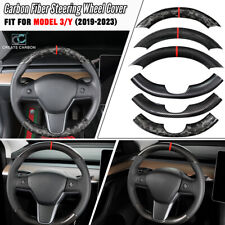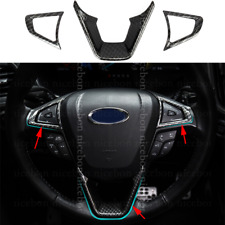Report: OnStar allegedly spying on customers, can sell customers’ GPS location to third parties *Updated
UPDATE: After contacting OnStar, Joanne Finnorn, Vice President, Subscriber Services, has provided more insight into the matter. You can read her statement after the jump.
OnStar is the buy word when it comes interfacing automobiles with peoples lives for convenience and safety purposes. It’s no doubt that they’re doing well to help provide roadside services for customers as they’ve just expanded their offerings to those who don’t have GM automobiles, which come standard with it.
And because it is a consumer service that requires heavy research and data collecting to help it cater more to the interests of the customers, a lot of personal information is shared with OnStar. That said, such mediums where personal information is shared require extensive “terms and conditions” and “privacy statements” that are so long that you’d think Leo Tolstoy’s War & Peace was just a pamphlet. So most customers just sign away or hit “Agree” without even reading the fine print. For all they know, they could become an experiment to the company like Kyle Broflovski did in South Park’s The Human CentiPad episode.
Okay, maybe not that dramatic. But either way, an independent blogger expended his time for the benefit of ours, by saving us the boring read and pointing out some troubling issues with OnStar’s “Privacy Policy Terms & Conditions.” What a kind chap he is.
In his so-called “drool session,” he alleged that OnStar’s latest “terms and conditions” said that they reserve the right to use the GPS, seatbelt usage, speed and other information obtained by the customers’ integrated data connection service on OnStar equipped cars. Then, they could sell that information to third parties, including law enforcement. So this is shaping up to be similar to when Facebook said that they own everything a user uploads to the profile and could monetarily exploit the information.
To see for myself, the blogger also kindly provided a reference link that is a PDF version of the new OnStar T&C. And one of the first things I read was: “we may use the information we collect about you and your Vehicle to improve the quality of our Service and offerings and may share the information we collect with law enforcement or other public safety officials, credit card processors and/or third parties we contract with who conduct joint marketing initiatives with OnStar.”
After reading the above quote, I realized that this blogger may have some concerning points, ones that could once again begin to deteriorate GM’s shiny new slate. So instead of me paraphrasing his entire argument, check it out in the link to read his full findings.
Check out the Jonathan Zdziarski’s post here.
Statement from Joanne Finnorn, Vice President, Subscriber Services:
“OnStar has and always will give our customers the choice in how we use their data. We’ve also been very open with our customers about changes in services and privacy terms.
“Under our new Terms and Conditions, when a customer cancels service, we have informed customers that OnStar will maintain a two-way connection to their vehicle unless they ask us not to do so. In the future, this connection may provide us with the capability to alert vehicle occupants about severe weather conditions such as tornado warnings or mandatory evacuations. Another benefit for keeping this connection “open” could be to provide vehicle owners with any updated warranty data or recall issues.
“Of course, if the customer requests us to turn off the two-way connection, we will do as we have always done, and that is honor customers’ requests.
“Our guiding practices regarding sharing our subscribers’ personal information have not changed. We are always very specific about with whom we share customers’ personal information, and how they will use it. We have never sold any personally identifiable information to any third party.
“Keeping the two-way connection open will also allow OnStar to capture general vehicle information that could be used in future product development.
“We apologize for creating any confusion about our Terms and Conditions. We want to make sure we are as clear with our customers as possible, but it’s apparent that we have failed to do this. As always, we are listening to our subscribers’ feedback and we will continue to be open to their suggestions and concerns.”
– By: Chris Chin












